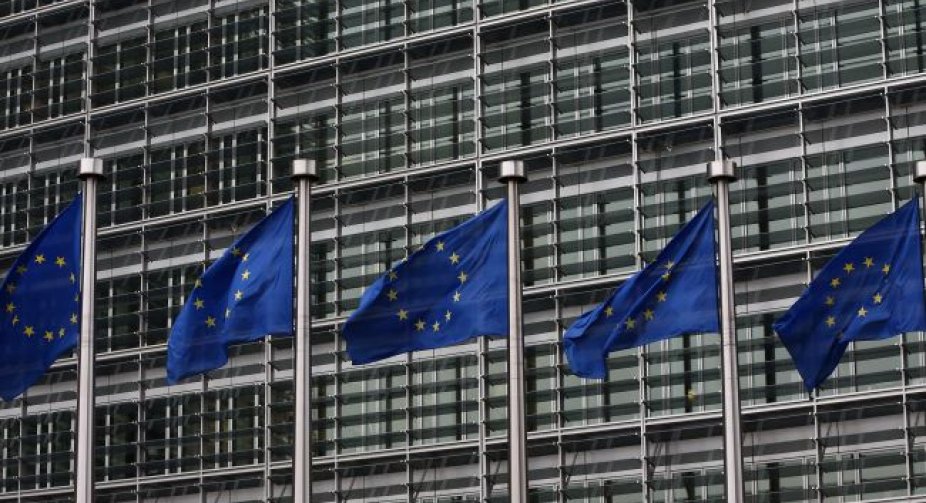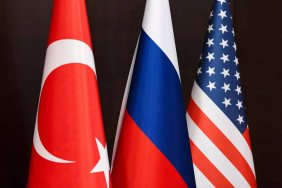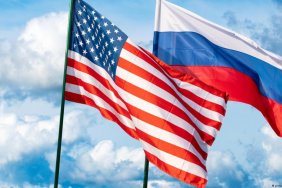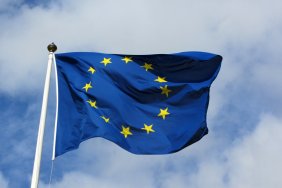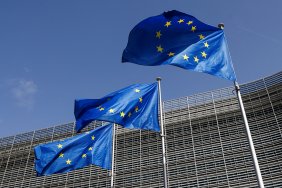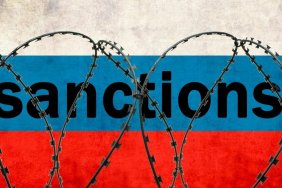The EU Council approved the eighth package of sanctions against Russia for its aggression against Ukraine. This package is a response to Russia's war against Ukraine, including the illegal annexation of Ukrainian territory based on sham "referendums", the mobilization of additional troops and open nuclear threats.
This is reported by the European Commission.
"This package introduces new EU import bans worth 7 billion euros to limit Russia's revenues, as well as export restrictions that will further deprive the Kremlin's military-industrial complex of key components and technologies, and the Russian economy of European services and expertise," - the message says.
Sanctions also deprive the Russian army and its suppliers of additional specific goods and equipment that are necessary for waging war on the territory of Ukraine. This package also lays the foundation for the necessary legal framework for the introduction of the oil price cap envisaged by the G7, the European Commission said.
New export restrictions
The EU decision introduced additional export restrictions aimed at reducing Russia's access to military, industrial and technological goods, as well as its ability to develop the military sector.
The sanctions include bans on exports of coal, including coking coal (used in Russian industries), certain electronic components (used in Russian weapons), technical products used in the aviation industry, and some chemicals.
Added a ban on the export of small arms and other goods in accordance with the Regulation against torture.
New import restrictions
The European Union agreed on additional restrictions on imports in the amount of almost 7 billion euros. They include a ban on the import into Russia of finished and semi-finished products made of steel, machinery and equipment, plastics, vehicles, textiles, footwear, leather, ceramics, some chemical products and non-gold jewelry.
Introduction of G7 oil price cap
The package marks the beginning of the implementation within the EU of the G7 agreement on the export of Russian oil. While the EU ban on the import of Russian crude oil by sea remains in full force, the price ceiling once introduced will allow European operators to carry out and maintain the transport of Russian oil to third countries, provided that its price remains below the pre-set "ceiling".
This will further reduce Russia's revenues while maintaining the stability of global energy markets through continued supplies. cause serious concern among all Europeans," the message reads.
This event is closely coordinated with G7 partners. It will enter into force after December 5, 2022 for crude oil and February 5, 2023 for petroleum products, after the adoption of an additional decision by the EU Council.
Restrictions for state-owned enterprises
The package prohibits EU citizens from holding positions in the management bodies of some state-owned enterprises.
It also bans all transactions with the Russian Maritime Register, adding it to the list of state-owned enterprises subject to the ban on transactions.
Financial, IT consulting and other business services
The existing bans on cryptoassets were tightened by banning all wallets, accounts or storage services for cryptoassets, regardless of the amount of the wallet (previously allowed up to 10 thousand euros).
The package expands the range of services that can no longer be provided to the Russian government or legal entities registered in Russia: they now include IT consulting, legal consulting, architectural and engineering services. They are important because they could potentially weaken Russia's industrial potential, as it depends on imports of these services.
Prevention of circumvention of sanctions
The EU has introduced a new listing criterion that will allow sanctions to be applied to persons who would facilitate the violation of the ban on circumvention of sanctions.
Additional lists of sanctions
Additional individuals and legal entities were subject to sanctions. It targets those involved in the Russian occupation, illegal annexation and bogus "referendums" in the occupied territories of Donetsk, Luhansk, Kherson and Zaporizhzhya regions. This also includes individuals and legal entities working in the military sector, such as senior officials and military officials, as well as companies that support the Russian armed forces. The EU also continues to prosecute those who spread disinformation about the war.
The EU's restrictive measures are aimed at key decision-makers, oligarchs, high-ranking military and propagandists responsible for undermining Ukraine's territorial integrity.
Extension of restrictions to Kherson and Zaporizhzhya regions
The geographic scope of the restrictive measures in connection with the recognition of the regions of Donetsk and Luhansk regions of Ukraine as not under the control of the government and the introduction of Russian armed forces into these regions has been extended to all regions of Ukraine not under the control of the government in the Donetsk, Luhansk, Zaporizhzhya and Kherson regions.
Earlier it became known that several countries of the European Union, except for Hungary, blocked the eighth package of sanctions against Russia.
Journalist Rikard Jozvyak noted that Hungary is usually accused of blocking new sanctions against the Russian Federation. However, this time several other countries took her side. According to him, it is about Cyprus, Malta, Belgium and Greece.
